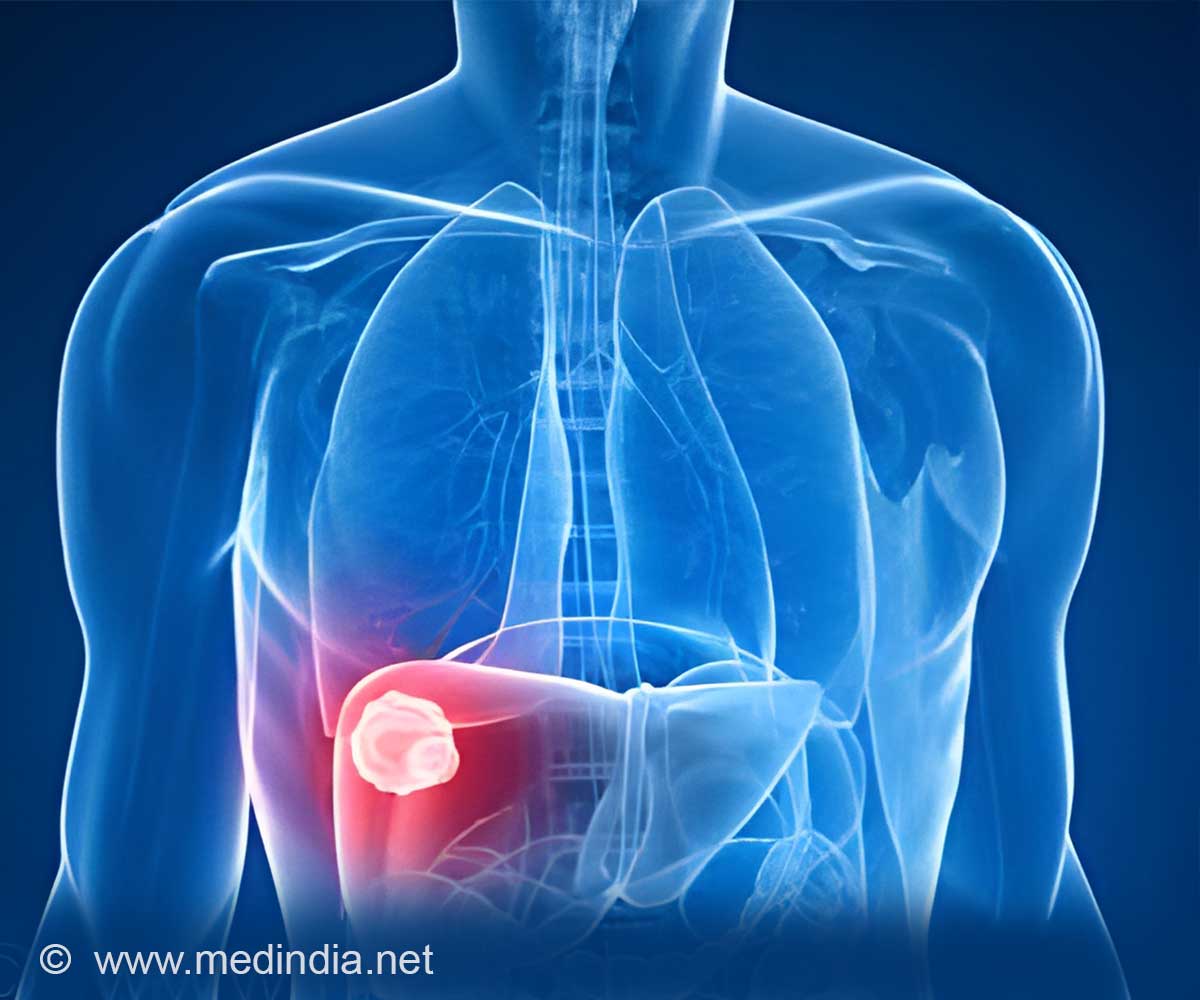
‘The growth regulator mTOR, the mammalian target of rapamycin promotes de novo lipid synthesis and thus tumor formation.’
Tweet it Now
Liver CancerIn Switzerland, about 650 new cases of liver cancer are diagnosed every year. The incidence of the malignant and aggressive liver cell carcinoma has doubled in the last 20 years, especially in developed countries. One possible reason for this is the increase in obesity and diabetes.
The scientists led by Prof. Michael N. Hall at the Biozentrum, University of Basel, and Prof. Howard Riezman, University of Geneva, have gained new insights into tumor development and disease progression. In mouse models and patient samples, they have demonstrated that the growth regulator mTOR - mammalian target of rapamycin - promotes de novo lipid synthesis and thus tumorigenesis. The accumulation of fatty acids and lipids in the liver is one of the major causes of hepatocellular carcinoma.
The liver: Detoxifier and energy supplier
"The liver is in a way our body's kitchen," explains Yakir Guri, medical doctor and first author of the study. "It stores and recycles nutrients, produces hormone precursors and detoxifies the body by eliminating harmful substances, such as drugs and alcohol."
Advertisement
Hepatocellular carcinoma: mTOR activation promotes tumorigenesis
Advertisement
The researchers have now discovered that mTORC2 - mTOR forms two protein complexes termed mTORC1 and mTORC2 - promotes the new synthesis of fatty acids and certain lipids. Most people do not realize that our body contains more lipid species than genes. It is assumed that there are thousands of different types," says Guri.
Lipids: Synthesis of lipids is required for tumor development
In hepatocytes, mTORC2 stimulates in particular the production of two lipid species important for cell growth: sphingolipids and cardiolipins. The first are structural components of cell membranes, which have to be continuously supplied in rapidly proliferating cells.
Cardiolipins are located in the cellular powerhouse, the mitochondria, and are involved in energy production. By enhancing cardiolipin synthesis, the energy-hungry tumor cells ensure their energy supply. "Cancer cells depend on the new synthesis of fatty acids and lipids; if you turn off the tap, you stop the development of tumors."
Patients: Analysis of liver biopsies confirms correlation
Analysis of tissue samples from patients with HCC confirmed the observations made in the mouse model. mTORC2 and its signaling pathways, which promote de novo synthesis of fatty acids and lipids, are also activated in tumor samples from patients. Thus, the protein complex plays a critical role in the progression of benign "fatty liver" to aggressive HCC. The study provides important insights for the development of potential therapeutic interventions, as it shows that targeted lipogenesis inhibitors may have the potential to prevent tumor development.
Source-Eurekalert














